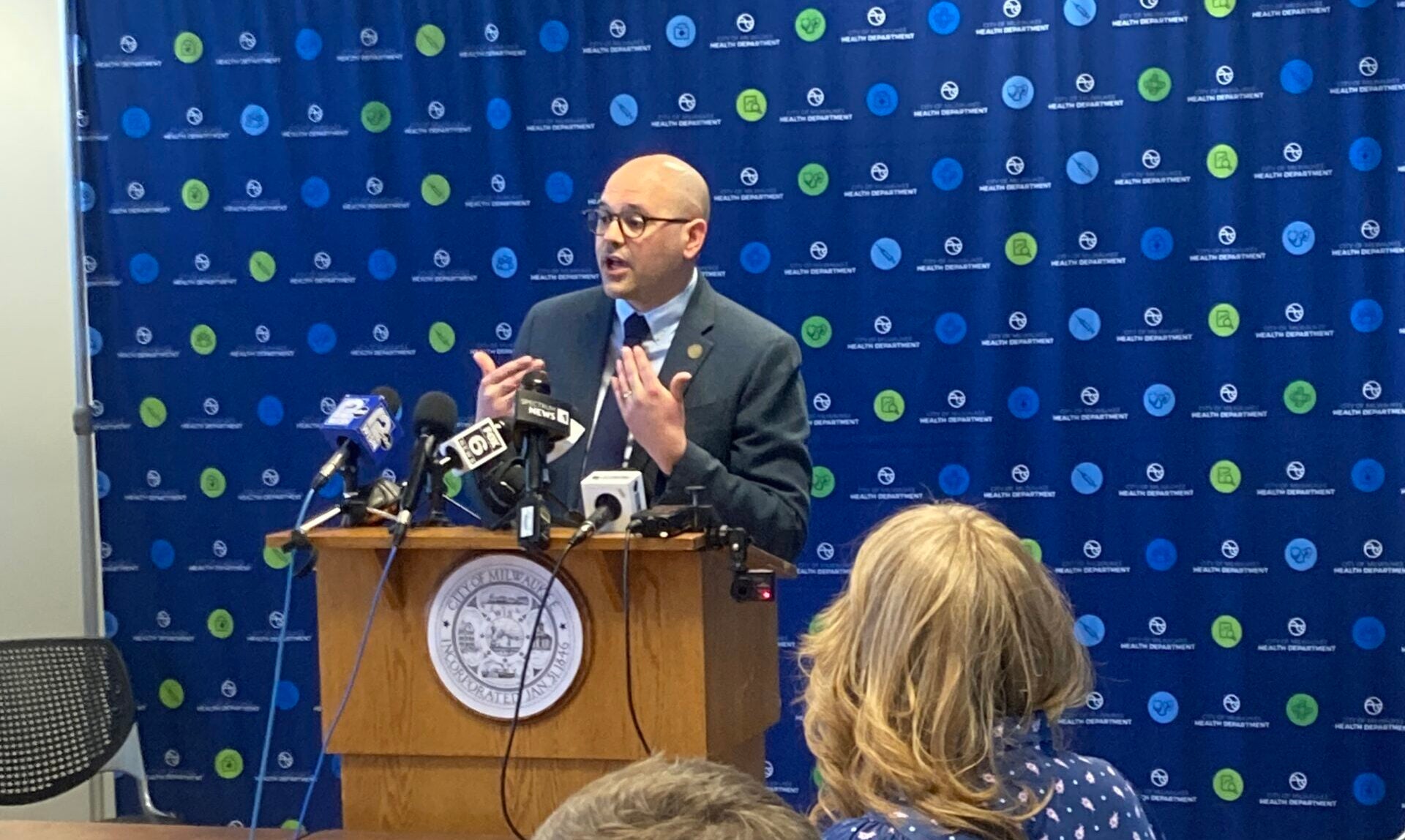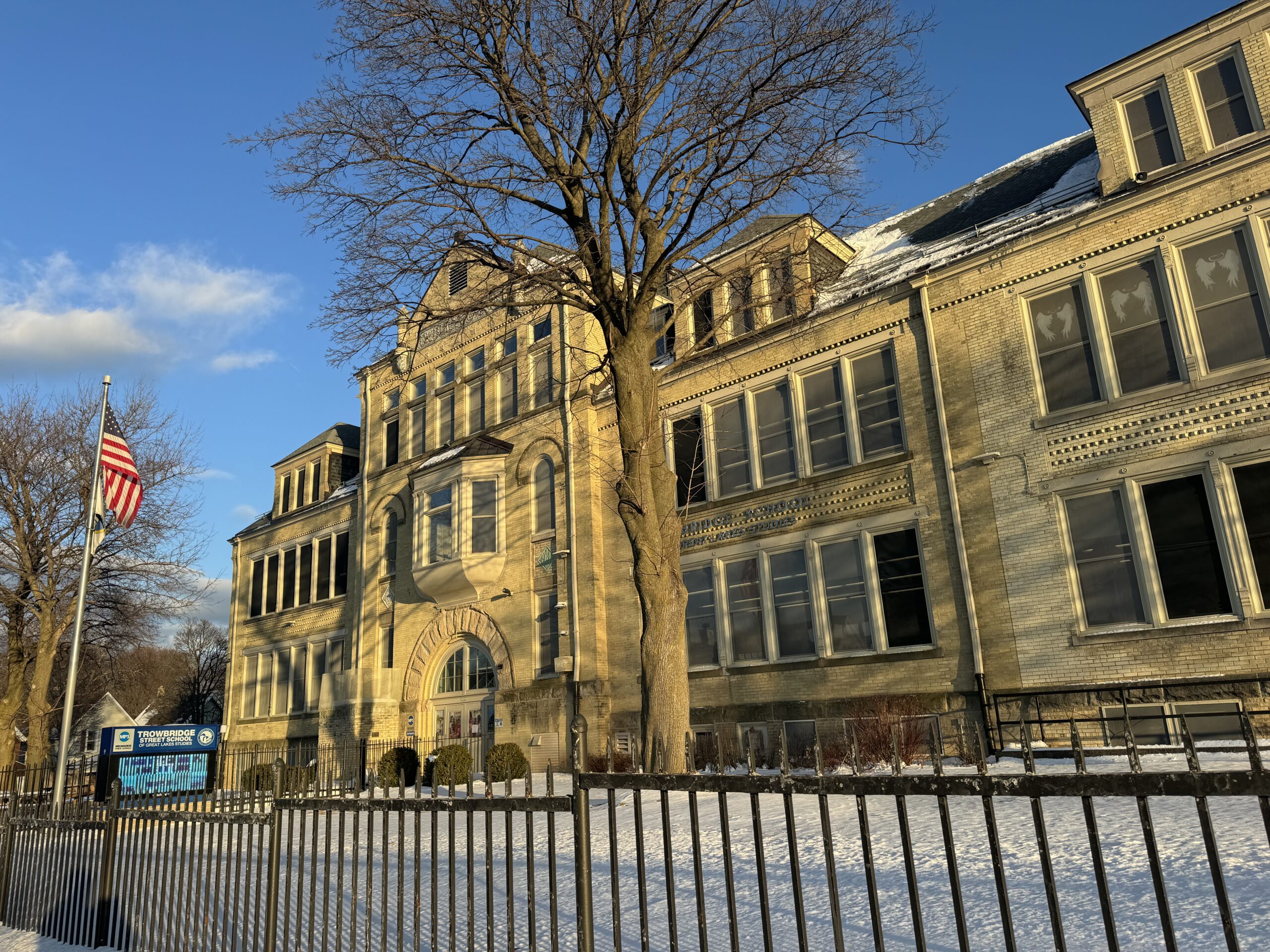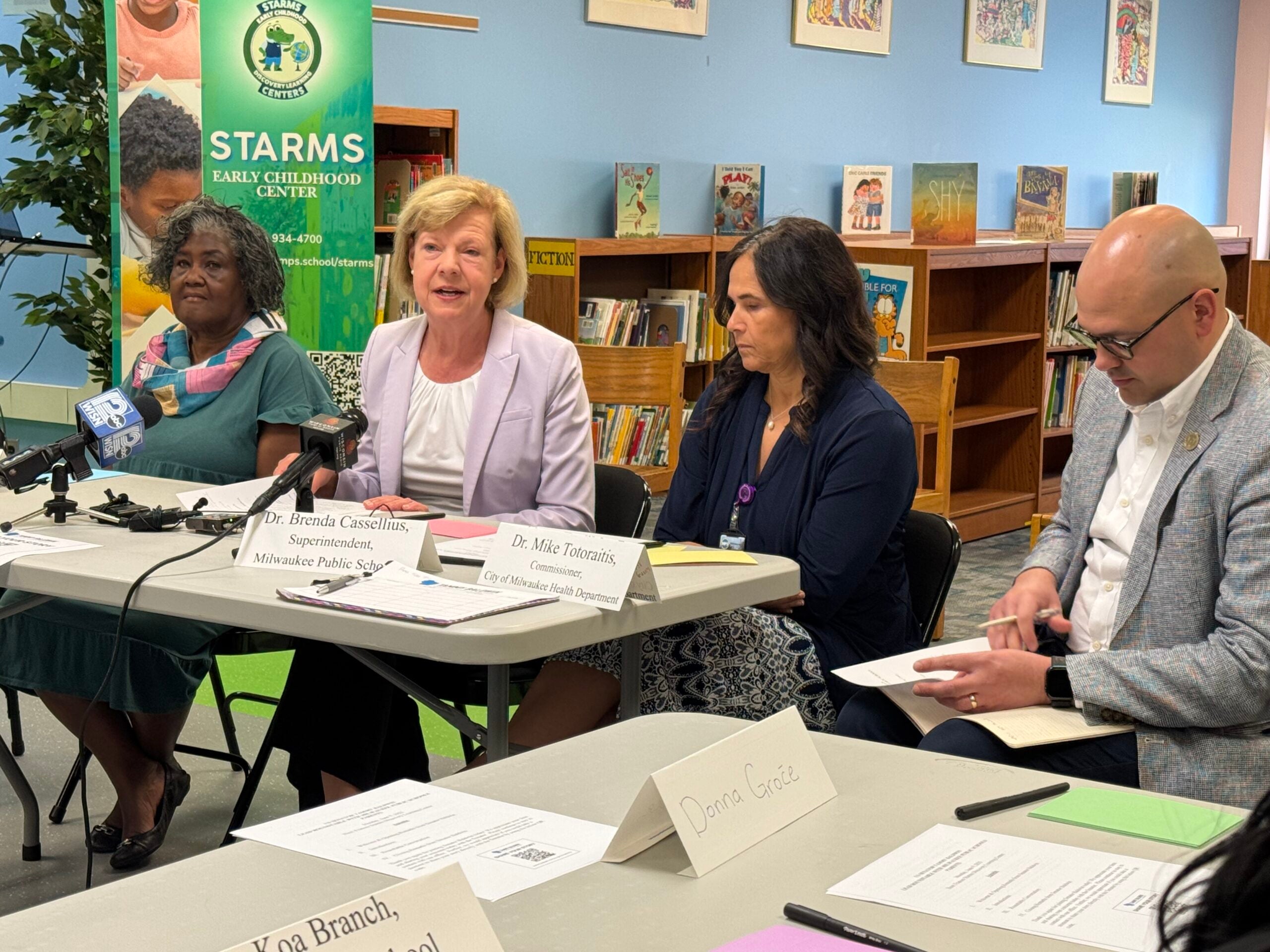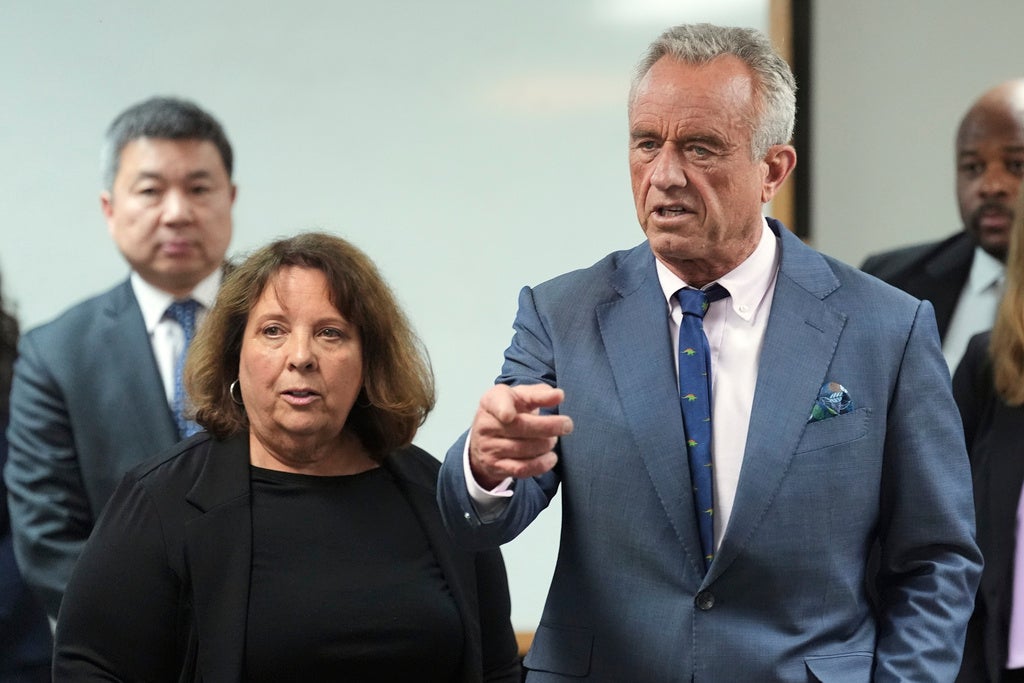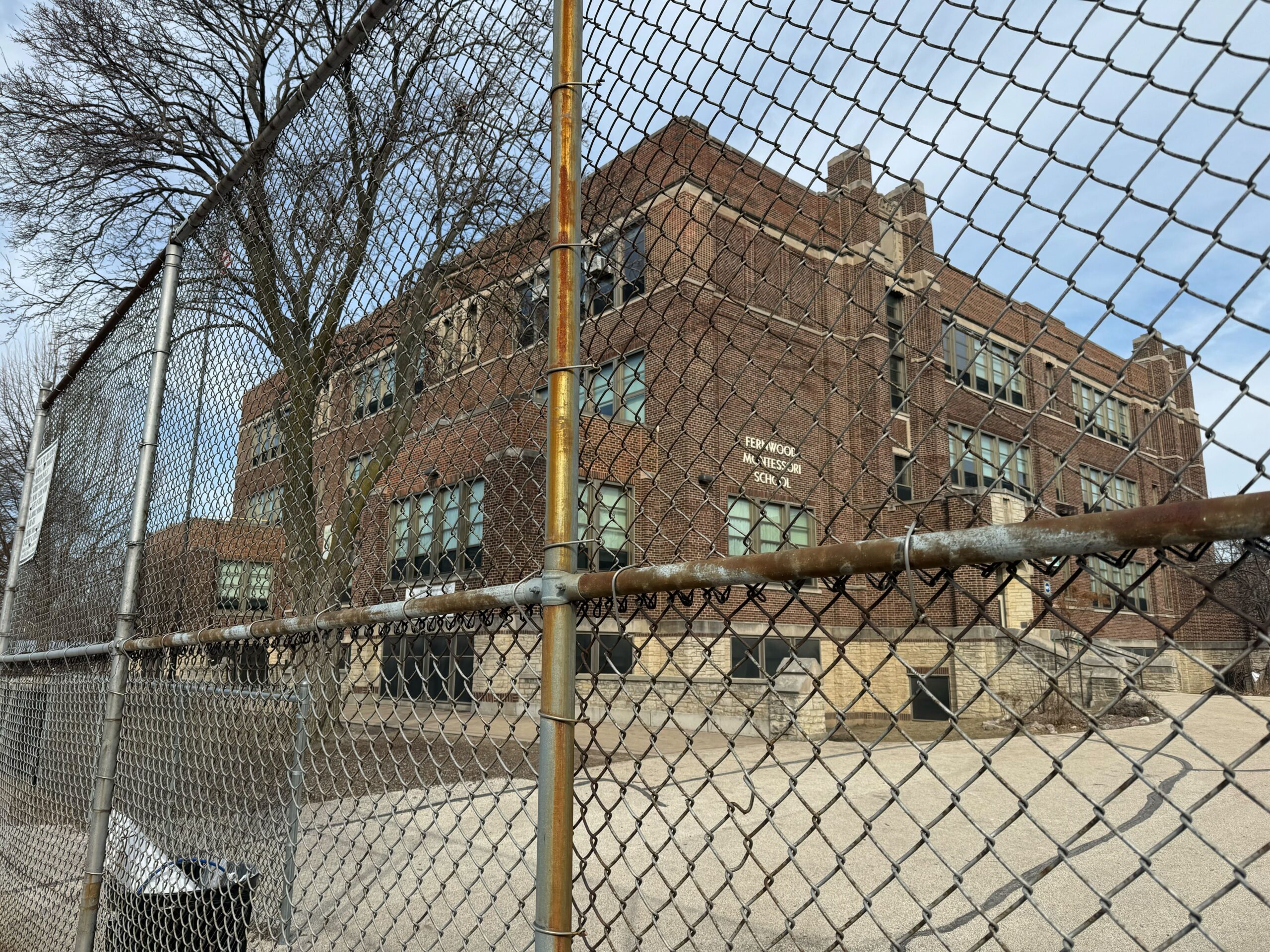Milwaukee health officials say they’re focusing on local efforts to address the school district’s lead crisis in the absence of federal support.
On April 3, city health department officials received an email denying their request for Centers for Disease Control and Prevention assistance in an ongoing investigation into lead hazards in Milwaukee Public Schools. The department had requested the CDC’s Epi-Aid program for short-term help with the city’s response, including testing students.
“I sincerely regret to inform you that due to the complete loss of our Lead Program, we will be unable to support you with this EpiAid request,” wrote Aaron Bernstein, director for the CDC’s National Center for Environmental Health and the Agency for Toxic Substances and Disease Registry.
News with a little more humanity
WPR’s “Wisconsin Today” newsletter keeps you connected to the state you love without feeling overwhelmed. No paywall. No agenda. No corporate filter.
The elimination of the program was part of widespread cuts at the CDC.
Lead hazards have been found in seven MPS schools, a problem first discovered after a child’s lead poisoning was traced back to exposure at his elementary school. Three additional children subsequently tested positive for lead poisoning, and several schools were temporarily closed for lead abatement.
Mike Totoraitis, the city’s health commissioner, said the department will feel the loss of federal expertise.
“We were really disappointed to have this happen,” said Totoraitis. “But again, we’re responding with what we have and with our partners that are still here today.”
He said Children’s Wisconsin has stepped up to organize free lead screening clinics. The department has partnered with local organizations to offer multiple options.
“Our immediate response right now is to help the district get their plan together and ensure that the students and parents here in the city get their kids screened,” Totoraitis said.
So far, the number of children who have tested positive is “very low,” Totoraitis said. “But as we’re still ramping up the testing, we anticipate finding more cases.”
The situation is an example of new challenges health departments are facing without federal experts to call on, said city health department spokesperson Caroline Reinwald.
Totoraitis said in the past few weeks, his team has communicated with other state health departments to try to determine which federal employees they can still reach.
“We don’t know how to respond to some of the challenges that we are dealing with right now,” Totoraitis said. “Because we don’t know: If I’m reaching out to someone today, are they going to be there tomorrow?”
Wisconsin Public Radio, © Copyright 2026, Board of Regents of the University of Wisconsin System and Wisconsin Educational Communications Board.

